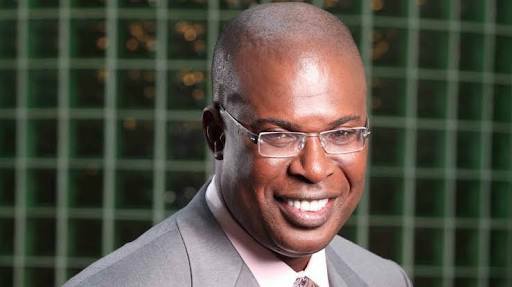The Federal Government said on Thursday that it had deregulated the downstream petroleum sector with effect from March 19, 2020.
“Deregulation of the downstream petroleum sector was approved on the 19th of March. What was announced on that day was already deregulation,’’ the Minister of State for Petroleum Resources, Chief Timipre Sylva, said in Abuja.
He, however, said the government would continue to intervene in determining the pump price of petrol (Premium Motor Spirit) to “safeguard consumers of the commodity from being exploited by oil marketers.’’
Sylva told newmen: “PMS and kerosene are strategic to the country, hence, we cannot allow their prices to be determined wholly by marketers. Consumers had to be protected. This is what obtains globally.
“The decision of the government to continue to intervene in fixing fuel price was as a result of the ugly experiences the government was having with oil marketers, who had deliberately refused to bring down the cost of diesel and other petroleum products whose landing costs had reduced.’’
“If we allow marketers to fix the prices of these commodities anyhow they like, it will not augur well for us. That is why we will continue to intervene in price-fixing. In the recent price-fixing, we allowed the marketers to get some profit, but we determine the price to protect consumers.
“Look at our battle with marketers. We brought down the price of PMS because the landing cost had come down, but the marketers had refused to bring down the prices of diesel and other deregulated commodities, even though their landing costs had come down also.”
He noted that if the PPPRA does not continue to interface with marketers in determining the prices of PMS, the oil marketers would fix the prices arbitrarily and exploit consumers.
“PPPRA will continue to work with marketers in determining the prices to ensure that the best pricing is arrived at for the consumers.’’
On whether future crude oil price rise will affect local pump price of petrol, the minister said the government was already in the race to provide a cheaper alternative to PMS in the form of Compressed Natural Gas (CNG).
Noting that despite the slash in the pump price of petrol the prices of food items and other commodity as well as transportation costs have yet to come down, the minister said the stakeholders in the chain should reflect the change in their services and commodities.
He observed:“Instead, the prices are going up …if the prices are increased by a little margin, prices of food items would have skyrocketed.
“We call on Nigerians to hold market players accountable when the price of PMS begins to rise again. “We have reduced fuel price, but the prices of commodities in the market are not going down. Now, the market players should be held responsible to ensure prices do not go up inordinately while prices of fuel go up.”
On Liquefied Petroleum Gas (LPG), Sylva said the Federal Government was kick-starting the LPG penetration policy by June ending hopefully, after the COVID-19 pandemic had forced it to postpone the commencement date twice in April and May 2020.
According to him, the government is planning to set up 32,000 micro-distribution centres (MDC) for LPG also known as cooking gas across the country with over 5,000 youths getting employed.
He promised that the existing “illegal roadside’’ LPG dealers would also be included in the programme as it would encourage more Nigerians to use cooking gas.
On the Petroleum Industry Bill, Sylva disclosed that work had been concluded on it, adding that the ministry would soon present the bill to the President and the Federal Executive Council (FEC) for approval before sending it to the National Assembly for legislative action.
Also speaking at the media briefing, Mallam Mele Kyari, the Group Managing Director of Nigeria National Petroleum Corporation (NNPC), said there was already a gradual easing of the crude oil glut issue with “uncleared transactions were now being cleared.’’
He restated the federal government’s commitment to the rehabilitation of Port Harcourt refineries, blaming the delay on COVID-19 pandemic that had hindered mobilization of manpower project.




